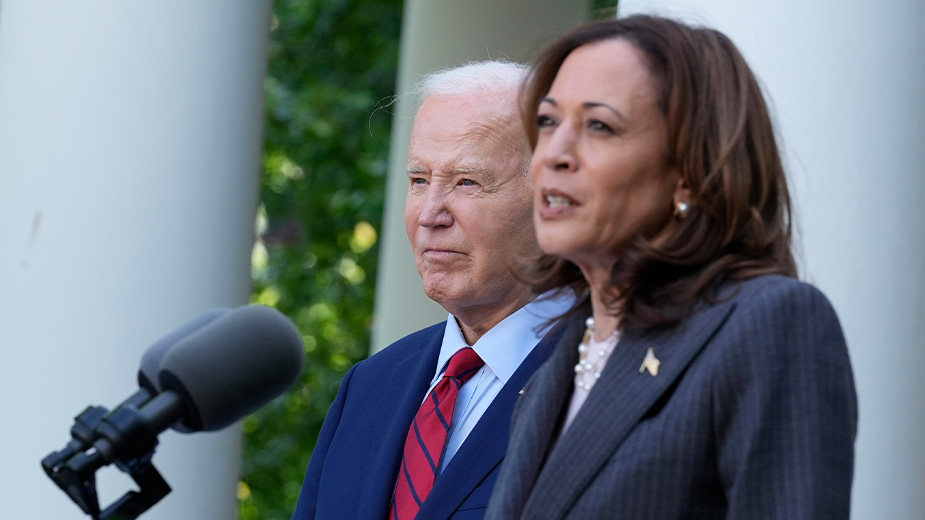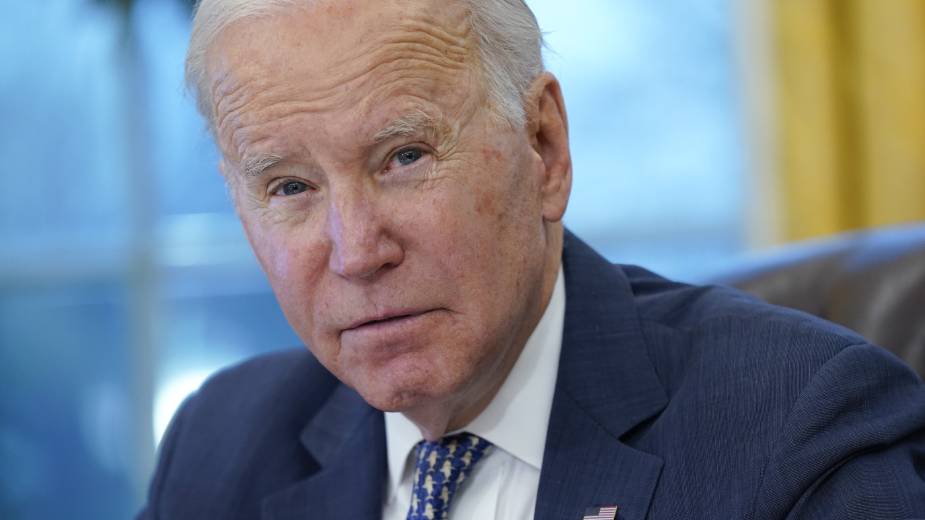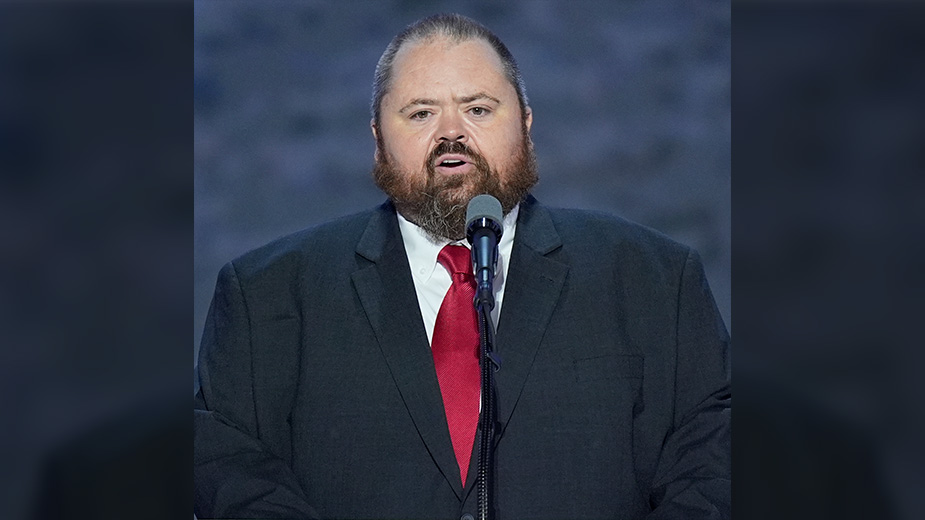New Overtime Rules Draw Positive, Negative Reactions
YOUNGSTOWN, Ohio – Vice President Joe Biden told an audience in Columbus Wednesday that the new rules that govern overtime pay for salaried workers make for greater fairness in the workplace.
Biden, joined by Secretary of Labor Thomas Perez at Jeni’s Splendid Ice Creams, discussed the new guidelines the Department of Labor issued that extend overtime pay to 4.2 million Americans who include 134,000 Ohioans.
In general, all hourly employees are guaranteed overtime, and salaried employees are presumed to have the same guarantee unless they both (1) make more than a salary threshold set by the Labor Department and (2) pass a test demonstrating that they primarily perform executive, administrative or professional duties.
The new rule, which takes effect Dec. 1, raises that salary threshold to $47,476 from the current $23,660, or $913 a week from $455. The new pay level will be updated automatically every three years.
“A lot of this really isn’t that complicated,” Biden said. “It’s all basically about just being fair. It’s amazing when you’re fair to people what they can do. It’s amazing when you treat people with dignity and respect what they’re prepared to.”
In addition to fairness, the issue concerns social and political stability, he said.
“What worries me the most is the middle class has been under siege for so long that I’m worried we’ve lost that sense of possibility, expectation and hope,” he added.
U.S. Sen. Sherrod Brown, D-Ohio, expressed his support for the policy during a conference call with reporters en route to Andrews Air Force Base for his flight to Columbus with Biden on Air Force Two. He called it a “huge win for Ohio workers.”
Many salaried employees often work between 50 and 70 hours each week. “It’s not that you don’t get overtime,” Brown said. “People don’t even get straight time for that time beyond 40 hours.”
The rule change affecting these workers should mean more money in families’ pockets, trips to the mall and out to dinner and the movies, he said.
U.S. Rep. Tim Ryan, in a statement, also praised the rule change. “This new overtime rule is about respecting American workers — plain and simple,” he said.
Since 1970, the overtime threshold was changed just once, in 2004, the email said.
U.S. Rep. Bill Johnson, R-6 Ohio, said several groups, individuals and small businesses have expressed their opposition to the bill.
“It’s a job killer, and will absolutely hurt those who need help the most in this weak economy,” he remarked. “Many small business will not be able to afford skilled workers and will be forced to cut salaried positions with benefits. Bottom line: Washington regulations will not create jobs. It will cost them.”
U.S. Sen. Rob Portman, R-Ohio, also said small businesses as well as nonprofit organizations and universities have voiced concerns about increased costs they expect will result and how it might force them to reduce salaries or cut jobs.
The National Federation of Independent Businesses warned about the effect, including higher costs for millions of small employers.
“Entry-level management positions are going to disappear and those employees will fall back into hourly jobs,” said Juanita Duggan, NFIB president and CEO, in a prepared statement.
Raising the overtime threshold will be a “demanding undertaking” for Ohio businesses, requiring employers to decide whether to increase salaries to keep them exempt or reclassify employees to nonexempt status, Andrew Doehrel, president and CEO of the Ohio Chamber of Commerce, said in a statement.
“The Department of Labor is trying to create a one-size-fits-all mandate that will impact businesses and workers differently depending on region,” he continued. “By nearly doubling the threshold, the Department of Labor is creating an undue burden on Ohio businesses.”
Brown pushed back against criticisms that the new guidelines would cause prices to rise or cause employers to lay off workers. The complaints are similar to those voiced by critics of raising the minimum wage, he said.
“They never say that when an executive gets a $1 million bonus,” he remarked.
Copyright 2024 The Business Journal, Youngstown, Ohio.



